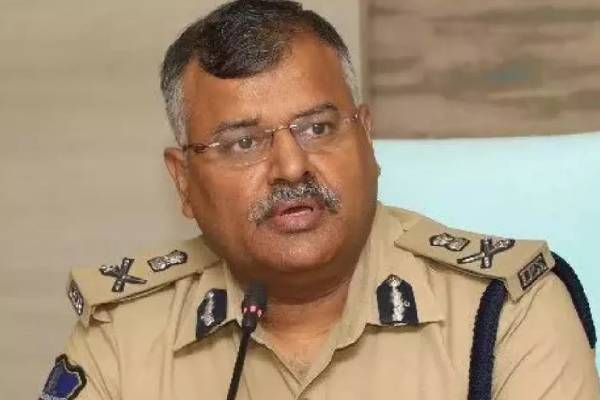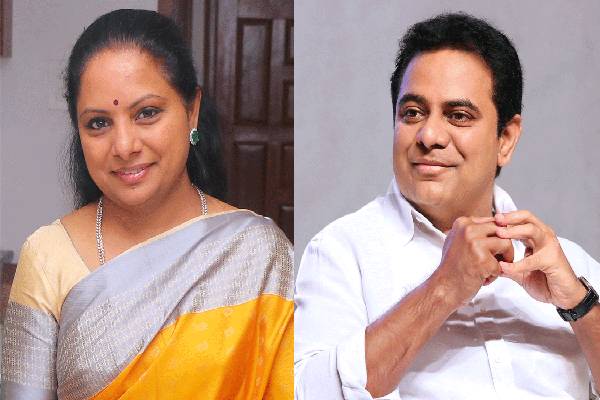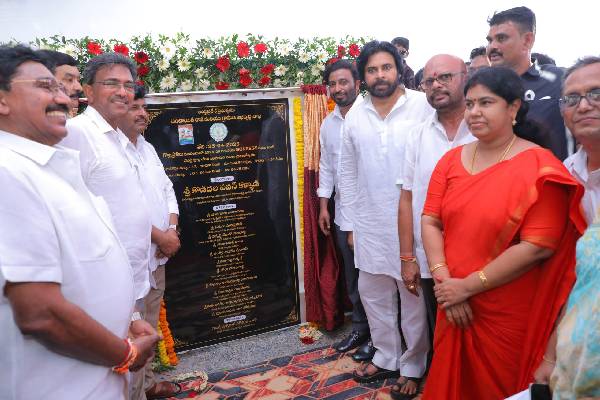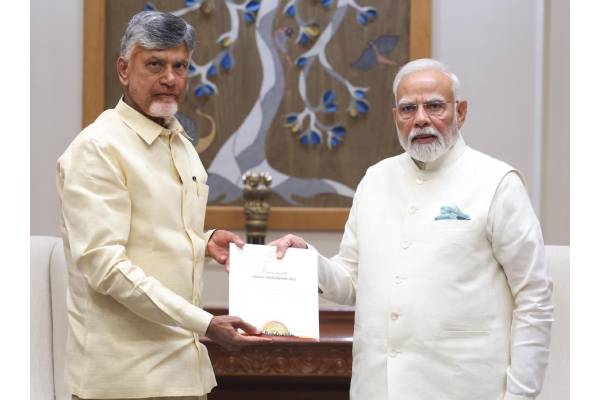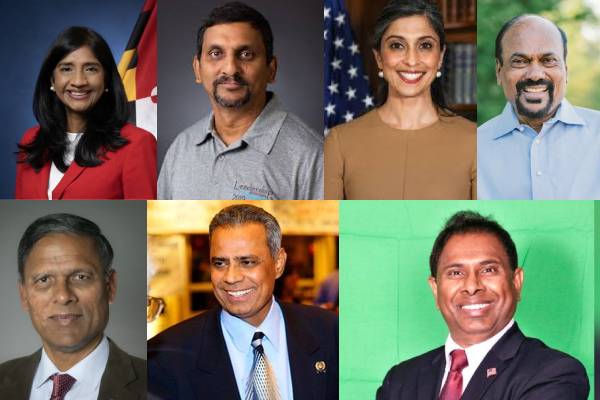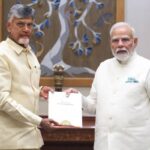American politics is undergoing a dynamic shift, with Indian-Americans stepping into leadership roles like never before. Once an underrepresented group, they are now making a significant impact in local, state, and national politics. Despite comprising just over 1% of the U.S. population, their contributions far outweigh their numbers.
The rise of prominent Indian-American politicians is a testament to this shift. Kamala Harris, the first woman of South Asian and Black descent to serve as Vice President, made history in 2020. Figures like Raja Krishnamoorthi and Pramila Jayapal are leading voices in Congress, while Nikki Haley, a former South Carolina governor and U.N. ambassador, showcases the community’s influence across party lines.
Growing Telugu Representation
In recent years, an increasing number of individuals with Telugu roots from Telangana and Andhra Pradesh have been making strides in U.S. politics. Some notable Telugu-origin politicians include:
• Aruna Miller – The first Telugu individual to serve as the Lieutenant Governor of Maryland.
• Dilip Tunki – A city council member in Johns Creek, Georgia.
• Paramesh Erramilli – A former council member from Fulton County in Johns Creek City.
• Upendra Chivukula – A Democratic legislator in New Jersey from 2002 to 2014.
• Narender Reddy – An influential Republican leader in Georgia.
• Bangar Reddy Aaloori – Contested for a seat in the U.S. Congress from Texas’ District 22.
Additionally, Usha Chilukuri, wife of VP JD Vance, is gained political recognition by becoming first Telugu-origin Second Lady of the U.S.
The increasing involvement of Indian-Americans in politics is reshaping the country’s leadership. Their participation diversifies decision-making, strengthens U.S.-India relations, and challenges outdated narratives about representation. While the Telugu community has long excelled in the IT sector, their growing presence in politics signals a broader influence in shaping American policies.





















